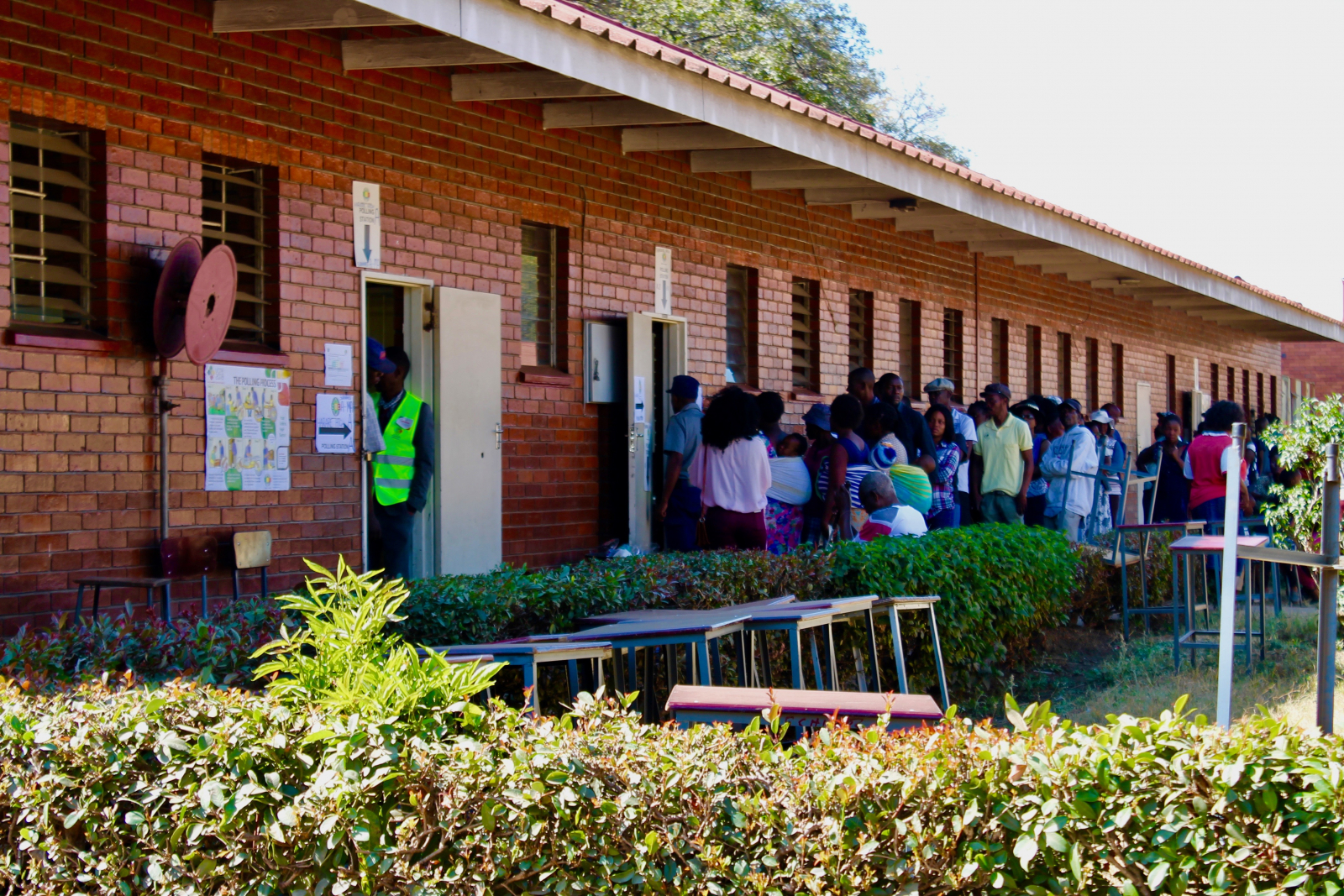
SHARE
ISSUES
NDI launched the Open Election Data Initiative in 2015 to better equip civil society, election administrators and technologists with the concepts and tools to effectively advocate for, access and use election data that is truly “open.” In the last five years, governments expanded and improved the availability of election-related data, while civil society enhanced awareness and the capacity to collect and analyze such data. Electoral management bodies (EMBs) are increasingly making critical electoral datasets -- like election results at the polling station level -- available online in a timely manner, and are engaging social media and other digital tools to improve voter information. Nonpartisan citizen election observers around the world are using open data in creative ways to promote accountability, such as to verify results protocols, analyze the accuracy and completeness of the voters list or monitor campaign finance. Election watchdogs are also considering the availability and quality of open electoral data in their observation assessments as a crucial measurement of the transparency and integrity of the electoral process itself.
As trusted and independent actors, nonpartisan citizen election monitoring groups are particularly well-suited to collect and scrutinize open election data, especially when data may otherwise be difficult for the public to digest, aggregate or interpret. However election observers still face challenges in accessing and using open data. Namely, actually incorporating open data analysis -- prioritizing datasets, balancing observation activities, dedicating the appropriate resources and time and understanding the skill sets and tools needed for analysis -- is not always easy. Moreover, despite improvements in the availability of election data, some governments and EMBs still lag behind or only make certain election datasets available. Even when electoral data is opened up, it is often not in formats that are machine analyzable or permanently available. Observation groups frequently find themselves in the position of needing to make specialized information requests for data in the short-term, and advocating for greater transparency in the long-term. In addition, new actors and technologies -- such as online political advertising and broader tools to collect and convert data -- introduce new opportunities and dynamics to navigate.
To address these new and ongoing complexities, NDI has developed an interactive guide: Beyond Transparency: Planning, Attaining, and Using Open Election Data in Citizen Election Observation. This tool outlines specific strategies that observer groups can employ for open election data collection, analysis and advocacy. The tool is comprised of six steps, including 1) defining an overall observation strategy, including goals, priorities, activities and a timeline; 2) assessing the availability of open data, including what data is feasible and viable, and where and when to find it; 3) developing an analysis strategy and finalizing an observation plan with clear and realistic priorities, targets and timelines; 4) advocating for open data from state actors; 5) being a good consumer of open data; and 6) measuring success and impact. The tool includes a series of hands-on exercises. It is also designed to be flexible to an organization’s specific electoral context and monitors’ capacities.
To help monitors with data analysis, the Open Election Data Initiative also added new features to its website, including new data academy modules. In addition, there’s a new Open Data Inventory coming soon to the site featuring the Pacific Islands to accompany the original Latin American Inventory. This research from the Pacific Islands reveals interesting trends regarding the challenges that EMBs in the region face in opening electoral data.These kinds of inventories help serve as a baseline from which democratic actors can work and improve upon, and provide insight into the strengths and weaknesses of government transparency across countries.
Open election data remains a critical tool for election observers, allowing groups to collect and analyze electoral developments with relatively limited human and financial resources. In addition, since open election data is generated throughout the electoral cycle, groups can be active earlier in the process and address areas that may otherwise go unscrutinized. Arming civic actors with more instruments and opportunities to use open data and strategically advocate for greater transparency can address growing complexities in campaign finance, support participatory budgeting, encourage openness in the procurement of elections technology, deter the abuse of state resources and combat growing disinformation targeting EMBs. Such efforts can ultimately mitigate political corruption and boost confidence in and the sustainability of democratic institutions.
NDI is a non-profit, non-partisan, non-governmental organization that works in partnership around the world to strengthen and safeguard democratic institutions, processes, norms and values to secure a better quality of life for all. NDI envisions a world where democracy and freedom prevail, with dignity for all.
Author: Julia Brothers, Senior Advisor, Election & Political Processes


